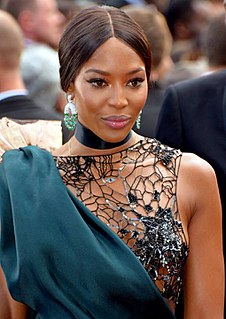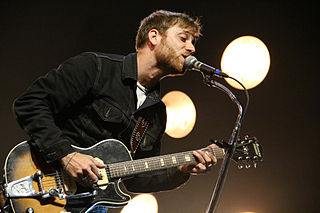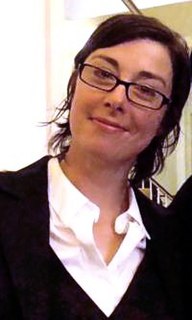A Quote by Feist
I didn't really get London until I read Dickens. Then I was charmed to death by it.
Related Quotes
Young screenwriters are always very frustrated when they talk to me. They say, 'How do we get to be a screenwriter?' I say, 'You know what you do? I'll tell you the secret, it's easy: Read 'Hamlet.' You know? Then read it again, and read it again, and read it until you understand it. Read 'King Lear,' and then read 'Othello.'
London has become really boring. I mean, years ago, London was really happening - there was swinging London and then punk. It was really different from other cities, and so I'd always wanted to go there and see what was actually going on. After that, hip-hop was the next thing happening, so to get the records or the proper clothing, you really had to actually go to New York. But now you don't really need to go.
I didn't learn how to read and write until pretty late, and it was this very mysterious, incredible thing, like driving, that I didn't get to do. And then I started writing things down on little scraps of paper and I would hide them. I would write the year on them and then I would stuff them in a drawer somewhere. But I didn't start to really read until about eight. I'm dyslexic, so it took a long time.
Whenever I've gone against my instincts, it's been a bit of a disaster. If there's a script I'm considering, I will get everyone to read it. I will get my mom to read it, I will get my friends to read it, I'll get the person doing my manicure to read it. I'm someone who really needs to talk things through. And then, obviously, I have a wonderful manager and agents, and I listen very carefully to what they have to say as well.
Dickens's final book, 'The Mystery of Edwin Drood,' forms the jumping-off point for my new novel, 'The Last Dickens'. This last work by Dickens has very little social commentary and a pretty tightly efficient storyline and cast of characters. Not necessarily what we think of when we think what characterizes Dickens.


































